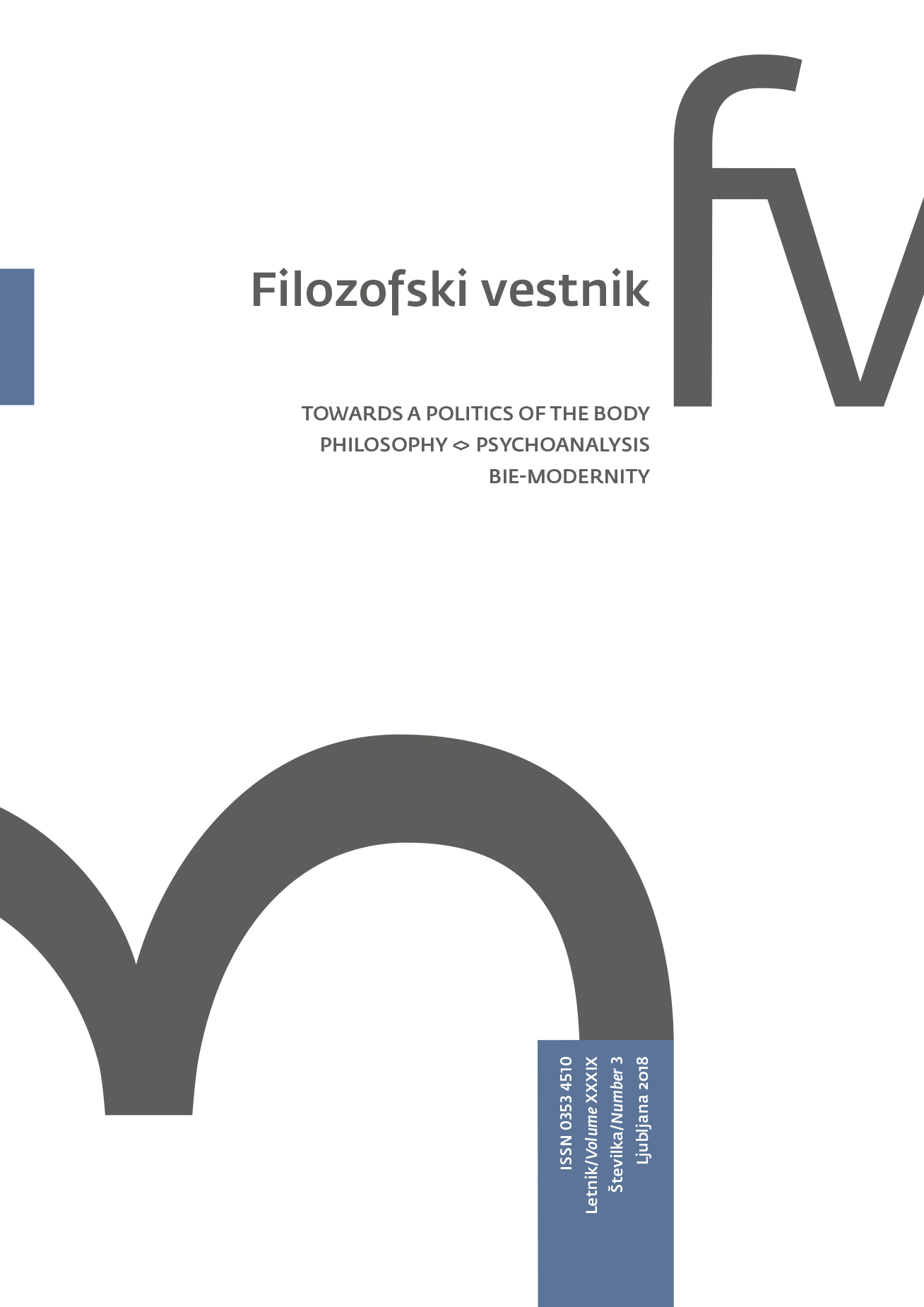Surpassing the “Speech / Voice Distinction”: Rethinking the Construction of Chinese Philosophy in the Era of Bie-Modern (Doubtful Modernity)
Keywords:
bie-modern, doubtful modernity, Chinese philosophy, discourse innovationAbstract
In Politics, Aristotle makes the distinction between speech and voice. Speech means rational, just, useful and understandable, while voice is the animal’s meaningless howl, which stands for the injustice, the useless, and the unreasonable. This distinction had a strong influence on Western philosophy. This essay argues that the “speech / voice distinction” is an unreasonable and self-destructive discourse; a real international philosophy or a new republic of letters should renounce this distinction and instead promote the boom of national philosophy; a fruitful Chinese national philosophy should attempt to deal with its own problems by critical thinking rather than repeating the theory and experiences of others. In the Bie-modern (Doubtful Modernity) era, Chinese scholars need to fully consider the specificity of contemporary Chinese society and deter the pseudo-modern by proposing various “zhuyi” for pursuing the authenticity of modernity. A valuable Chinese “zhuyi” should not be restricted to a Chinese national perspective and needs to have deep interactions with international academia in order to promote a more open and cosmopolitan philosophy.
Downloads
Downloads
Published
How to Cite
Issue
Section
License
Authors guarantee that the work is their own original creation and does not infringe any statutory or common-law copyright or any proprietary right of any third party. In case of claims by third parties, authors commit their self to defend the interests of the publisher, and shall cover any potential costs.
More in: Submission chapter





